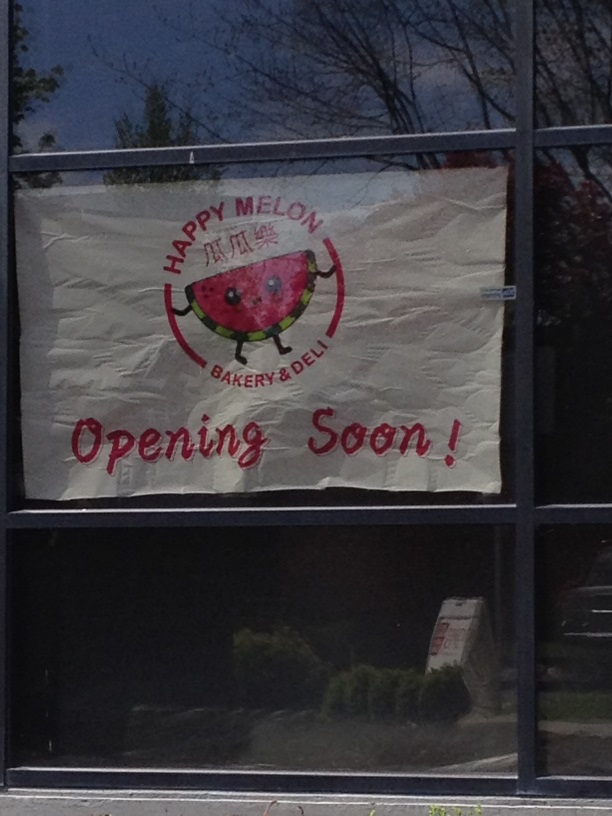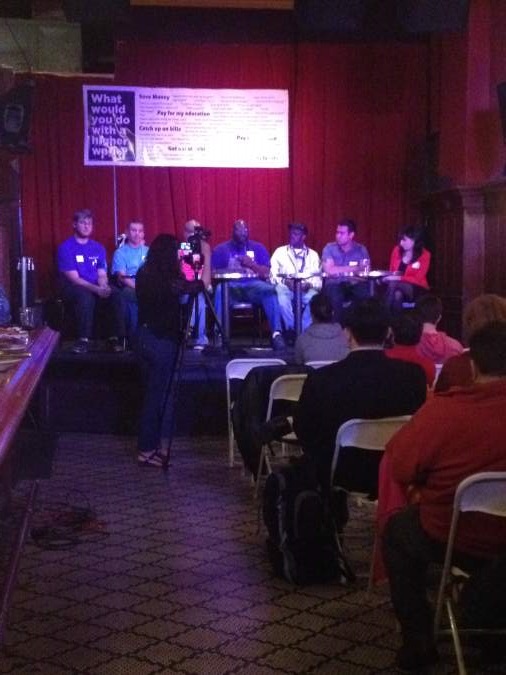An owner of a Seattle-based company that’s staged five “tomato battles” across the western U.S. is strongly disputing charges that Tomato Battle hasn’t made good on promises to donate a portion of its proceeds to charity.
Last week, Pegasus News reported that Tomato Battle marketed its massive Dallas tomato fight as a fund-raiser for the North Texas Food Bank, but didn’t gain the agency’s approval before announcing the partnership. “We probably wouldn’t have given them our sanction, since we don’t condone any waste of food,” spokeswoman Kim Smith said. Smith also said the food bank hadn’t received any Tomato Battle money.
Pegasus News also cited the organization’s previous failure to come up with $5,000 that the White Center Food Bank believed it would receive in exchange for staffing a Seattle event on September 24. Weeks after the battle, Tomato Battle sent the food bank a check for $2,000.
“We just want to clear the air,” co-founder and owner Max Kraner says. “We’re sorry if there was any miscommunication.”
Tomato Battle was launched earlier this year by Kraner and Clint Nelsen, Seattleites who had previously worked in the finance industry. The pair modeled the concept after water-balloon fights they’d staged at Lake Sammamish, for which dozens of friends would show up dressed as pirates or Vikings. The vegetable version of the fight typically includes live music, beer, and a double-digit ticket price: The company charged $59.99 for a September tomato battle at Pyramid Alehouse.
The Seattle event’s work crew included volunteers from the White Center Food Bank, which was promised $1 per attendee for providing staff. “We didn’t pledge any amount of money,” Kraner says. “We may have said we could sell up to 5,000 tickets.”
White Center Food Bank executive director Rick Jump was on a planned vacation during the Tomato Battle, but sent 14 volunteers to assist. The day after the event, Jump called his contact person at the event company for a debriefing. “She answered the phone by saying, ‘I’m not with Tomato Battle anymore,’ ” Jump recalls. “I thought, ‘Oh, great, maybe I’ve been shafted.’ “
Jump then e-mailed Kraner, requesting a check. “It didn’t come, and it didn’t come,” he says. “I was just basically goading them, saying this was money we were counting on for the holidays.”
A check for $2,000 eventually arrived, and Jump deposited it two weeks ago.
According to Kraner, Tomato Battle sent a $500 check to a Los Angeles food bank last week, and plans to send $750 to the North Texas Food Bank. He claims he e-mailed the agency before the event, and wasn’t warned off of using the food bank’s name. “If they didn’t want to partner with us, they should have said so,” Kraner says. “If people don’t want to be part of our event, no hard feelings.”
Kraner maintains there’s nothing wasteful about tossing tomatoes deemed ineligible for sale. “We’re using tomatoes that are past ripe,” he says. “They were going to be disposed of or burned. Millions and millions of pounds of tomatoes are disposed of every day, so we’re not wasting food, by any means. We even compost afterward.”
Pegasus News estimated Tomato Battle netted $40,000 from its Dallas event, a calculation Kraner says is way off the mark—although he declined to reveal how much the company earned. “People think we’re just making a bunch of money off throwing tomatoes,” Kraner says. “People think we’re just printing money with our events. We apologize if it’s not enough, but we do want to give something back.”
While Jump says he’s grateful for the $2,000, he found the drawn-out payment process and unmet expectations “disappointing.”
“I can’t believe they’re using charities to make money,” he says. “I’ve learned a very valuable lesson.”








